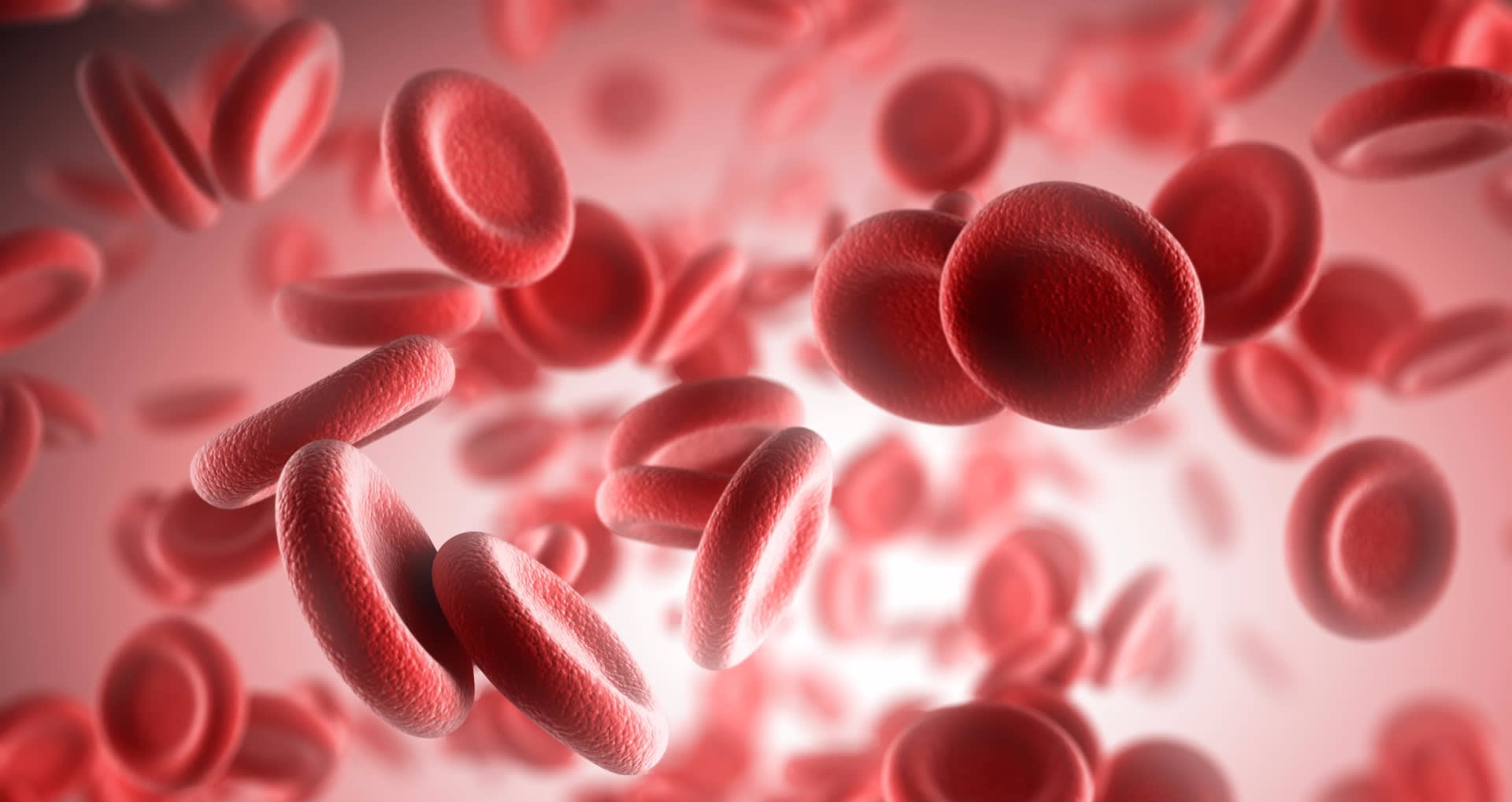
Cardiovascular Check
£250
The most advanced strategy for coronary risk assessment is a ‘multi-marker’ approach which combines several risk factors, rather than only measuring the traditional markers of high blood pressure, cholesterol, smoking and diabetes.
50% of people who develop cardiac disease have ‘normal’ cholesterol. A traditional LDL blood test doesn't measure small dense LDL particles, which can hide behind normal cholesterol and increase the risk of heart attack.
What's included
Cholesterol
Lipids and cholesterol are fat-like substances in your blood. Some are necessary for good health, but when you have a high level of cholesterol in your blood, a lot of it ends up being deposited in the walls of your arteries and other vital organs. Lifestyle choices including diet, exercise and alcohol intake can all influence cholesterol levels and your risk of developing heart disease.
IDL
IDL is a transitional lipoprotein that is eventually converted to LDL. Elevated levels of IDL in the blood can contribute to the buildup of plaque in the arteries, just like LDL.
Liposcreen LDL Subfractions
This LDL blood test separates and quantifies all lipoprotein particles including the ‘large’, less atherogenic LDL-1 and LDL-2 and the ‘small’, highly atherogenic LDL-3 to LDL-7. The blood test also measures VLDL and IDL cholesterol linked with type III dyslipidaemia and associated hyperlipoproteinaemias.
Large LDL
Low-density lipoprotein (LDL) can be categorised into subfractions, which range from LDL-1 through to LDL-7 based on their size and density. Among these subfractions, LDL-1 and LDL-2 are thought to be less atherogenic than LDL-3 to LDL-7, meaning they may have a lower tendency to contribute to the development of atherosclerosis. This is due to the fact that LDL-1 and LDL-2 are larger and more buoyant than LDL-3 to LDL-7, which reduces their likelihood of penetrating the arterial wall and contributing to plaque formation.
Homocysteine
Elevated homocysteine blood test levels are a risk factor for cardiovascular disease, and may also be elevated in cases of malnutrition or vitamin B12 or folate deficiency.
Inflammation
C-reactive protein (CRP) is a protein made by the liver and secreted into the blood. It is often the first evidence of inflammation or an infection in the body. Its concentration increases in the blood within a few hours after the start of infection or other inflammatory injury.
Blood Glucose
Blood glucose is generated from carbohydrates and to use this fuel for energy your body needs insulin. With type 2 diabetes the cells either ignore the insulin or the body doesn't produce enough of it. Glucose then builds up leading to problems with the heart, kidneys, eyes, nerves, and blood vessels.
Lipid Subfractions Summary
Small Dense LDL
Research indicates that higher quantities of smaller, denser LDL3-7 particles are linked to inflammation and pose a greater risk of causing atherosclerosis compared to fewer, larger and more buoyant LDL1-2 particles. LDL3-7 particles are smaller and denser, and are more likely to permeate the arterial wall and participate in the formation of plaque.
Lipoprotein (a) - Lp(a)
High levels of Lp(a) increase your risk of atherosclerosis and is an inherited genetic condition. The apo B/apo A-I ratio indicates the cholesterol balance between potentially atherogenic (bad) and anti-atherogenic (good) particles.
Test instructions

Fast from all food and drink other than water for at least 8 hours, and no more than 12 hours prior to your test.

You’ll receive your blood test venous vial kit and finger prick blood spot card kit in the mail, along with logistics for your venous sample collection and return of kits separately via mail. Please note if you are ordering a test to an address outside the UK/I you will need to purchase additional international shipping here: https://www.healthily.co.uk/tests/International-Shipping

Print out the pathology form that we email you.

Book a collection for a venous blood draw AND centrifuge using a phlebotomy service. Contact Bloodservices@mail.com for options in your location. Please note there is an additional cost associated payable directly to the service. Please only book Mon (ensuring the weather temperature for the week does not exceed 22C on any day) and bring your prepaid packaging to post the sample directly after. This test is not possible at TDL or Superdrug.

Mail your venous vial sample back to the lab using the prepaid envelope and packaging.
Mail your blood spot card sample back to the lab specified using the prepaid envelope.

Results for this test available in 3 weeks and will be published in your online dashboard.
Ready. Set. Go!
for $250
You may also be interested in
Lipoprotein Particle Check
13 tests included
£192
50% of people who develop cardiac disease have ‘normal’ cholesterol. A traditional LDL blood test doesn't measure small dense LDL particles, which can hide behind normal cholesterol and increase the risk of heart attack.
Cholesterol Check
5 tests included
£55
Cholesterol is a fatty substance found in the blood which is essential for life. However too much cholesterol can have a serious effect on your health as it increases your risk of having a heart attack or stroke.
Best seller
Diabetes Check
1 test included
£63
Type 2 diabetes is the fastest growing chronic condition in the UK but it is a preventable disease and easy to predict. This simple diabetes test highlights whether your lifestyle or physiology put you at risk.